

Keynote speaker Amina AlTai returned to the stage to address how her diagnosis with two autoimmune diseases and her crash and burn with work had depleted her personal life and how living a best personal life is intrinsically tied to living a best professional life. She shared a quote from Casandra Brené Brown, PhD, MSW, research professor at the University of Houston, that resonated with her: “Believing that you’re enough is what gives you the courage to be authentic, vulnerable and imperfect.” Beliefs are cemented during early, formative years and are shaped and formed as people are imprinted by other’s ideas about the world, she said. Those beliefs drive a person’s thoughts and actions when it comes to money, work, love and more. AlTai stressed that it’s important to hold up these beliefs to the light every now and then to see if they still serve as motivation or if it’s time to adjust.
She retold a story from a client, who had developed a core belief that she hurt others when she was being her true, unabashed self at the age of 4. Carrying that belief throughout her life led to strain at work as she fit herself into roles that weren’t quite right and at home by disconnecting from her partner and binging on wine and candy because she felt she couldn’t be herself. “When we don’t feel like we can be ourselves or when we are living in a story, it impacts all the different areas of our lives,” AlTai said. “Our conscious brain processes about two percent of information and memories and the majority of the rest is woven in our subconscious, affecting different parts of our lives that we believe are fate but are really directed by mechanics of the subconscious.”
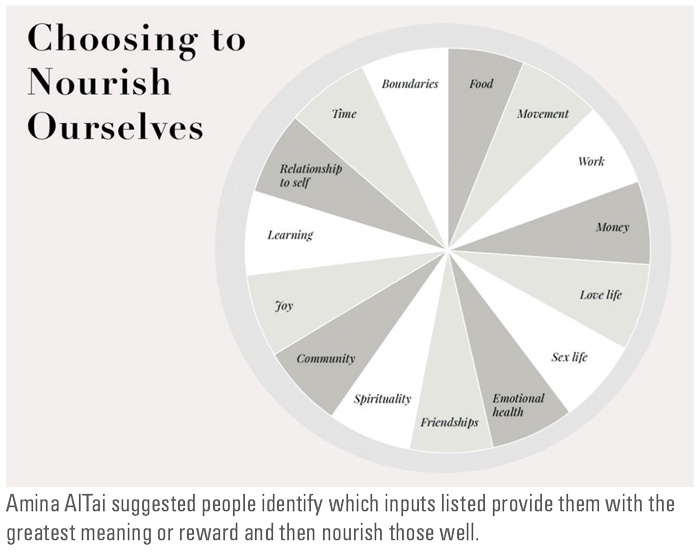

AlTai said that she sees nourishment as a conduit to clarity. There are many different inputs in life—work, money, love life, sex life, emotional health, food, movement,spirituality, community, joy, learning, relationship to self, time and boundaries that together make a person feel whole and nourished. Each individual has his or her own code for creating balance, and when that coding is off, it can wreak havoc on relationships.
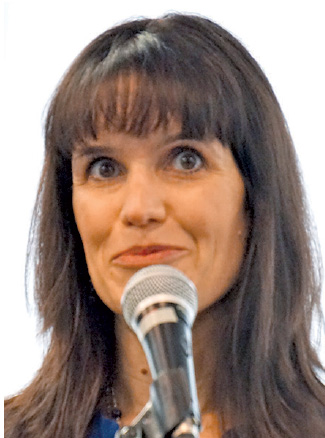

Melissa Barnett, OD, FAAO, FSLS, clinician, specialty lens expert, lecturer, mentor and advocate for women in the profession, moderated the conversation Living Your Best Professional Life. On the panel were Maria Sampalis, OD, who launched the 25,000-member strong Corporate Optometry group on Facebook, and Mary Anne Murphy, OD, who owns a successful Colorado practice and encourages her associates and staff to be active participants in the community, their families and organizations that are important to them.
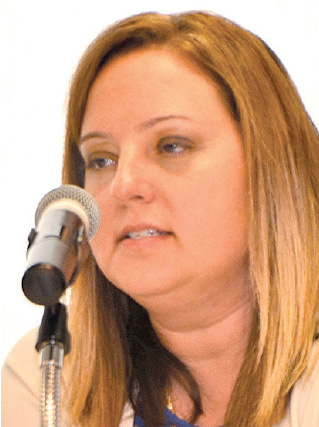

Dr. Sampalis said she sees balance in her personal life as a synergy; her patients have developed an understanding that her family and children are part of her businesses. She says that having her own business has allowed her to establish this culture and that creating a network of professional and personal support for corporate-affiliated ODs drove her interest in launching the online communities.
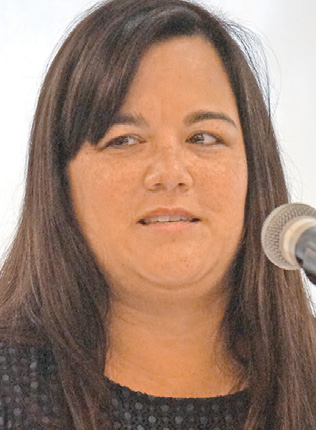

Dr. Murphy describes how her own view of “balance” has evolved. At one point, she felt that balance meant that all parts must be equal and steady. An avid angler, she adjusted her view after fly-fishing with her dog—in a canoe. Sometimes the boat tilts one way and then the other. The dog shifts position, bringing another unanticipated upset into the balance—but she realized she could keep the canoe from tipping by compensating. “Sometimes I’m more of a mom, sometimes I’m more of a doctor, sometimes I’m more of a board member, but I’m staying afloat.” Each commitment is made with careful consideration as to how it will fit in with all the elements of her life.
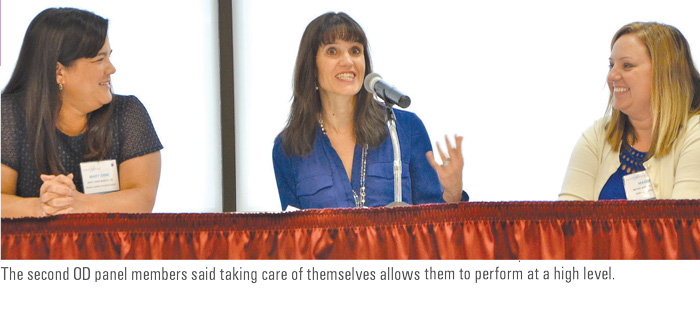

This story is an excerpt from coverage of the inaugural Women In Optometry leadership summit. Click here for the complete story on the event.





